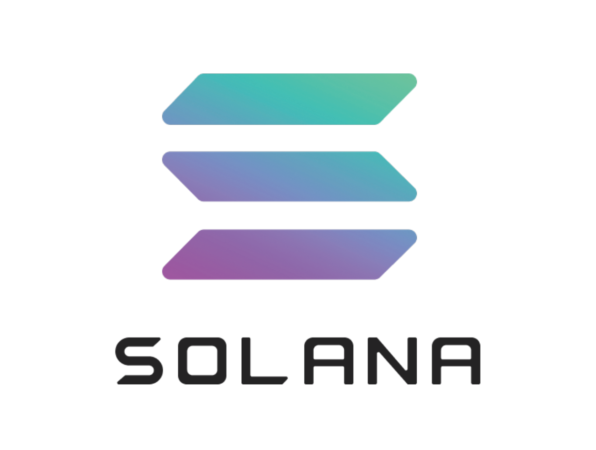- The Policy Institute (SPI) launched to advocate for decentralized networks like Solana (SOL) and educate policymakers on their economic and social benefits.
- Led by Miller Whitehouse-Levine, SPI aims to shape regulatory discussions amid growing institutional interest and debates over Solana’s decentralization and reliability.
Advocating for Blockchain Innovation
SPI aims to unite voices across the Solana ecosystem, promoting a regulatory framework that fosters innovation while addressing concerns about decentralization and network reliability. The initiative comes amid growing debates about blockchain governance, particularly as Solana has faced criticism for network outages and perceived centralization risks.
Leading the SPI is Miller Whitehouse-Levine, a well-known crypto advocate dedicated to pushing for clearer regulations and better policy frameworks in Washington. According to SPI’s post on X (formerly Twitter), the organization believes now is the time to establish “clear rules of the road for the crypto industry.”
Also read: How Trump’s Policies Crushed XRP in 2025
Regulatory Interest in Solana and Digital Assets
The SPI’s launch coincides with a surge in institutional interest in Solana. In early March, U.S. President Donald Trump floated the idea of a Crypto Strategic Reserve, mentioning SOL among other altcoins. Around the same time, leading financial firms BlackRock and Fidelity made major moves into the ecosystem.
- BlackRock introduced the USD Institutional Digital Liquidity Fund (BUIDL) on Solana.
- Fidelity filed for a Spot Solana Exchange-Traded Fund (ETF) with Cboe Global Markets.
These developments highlight Solana’s growing recognition in institutional finance, making SPI’s advocacy efforts even more critical as regulatory discussions unfold.
Potential Impact on Solana’s Future
The SPI could play a significant role in shaping how U.S. regulators perceive and treat Solana and other decentralized networks. By actively engaging lawmakers, the institute may help mitigate regulatory risks that have historically plagued the crypto industry.
In the short term, the SPI’s formation could boost investor confidence in Solana, potentially driving positive price action and increasing developer adoption. Long term, if the SPI succeeds in securing favorable regulations, it could solidify Solana’s position as a leading blockchain, attracting more projects, developers, and institutional investors.
As discussions on crypto regulation intensify, the Policy Institute is poised to become a key player in ensuring blockchain innovation remains a priority in the U.S. regulatory landscape.




